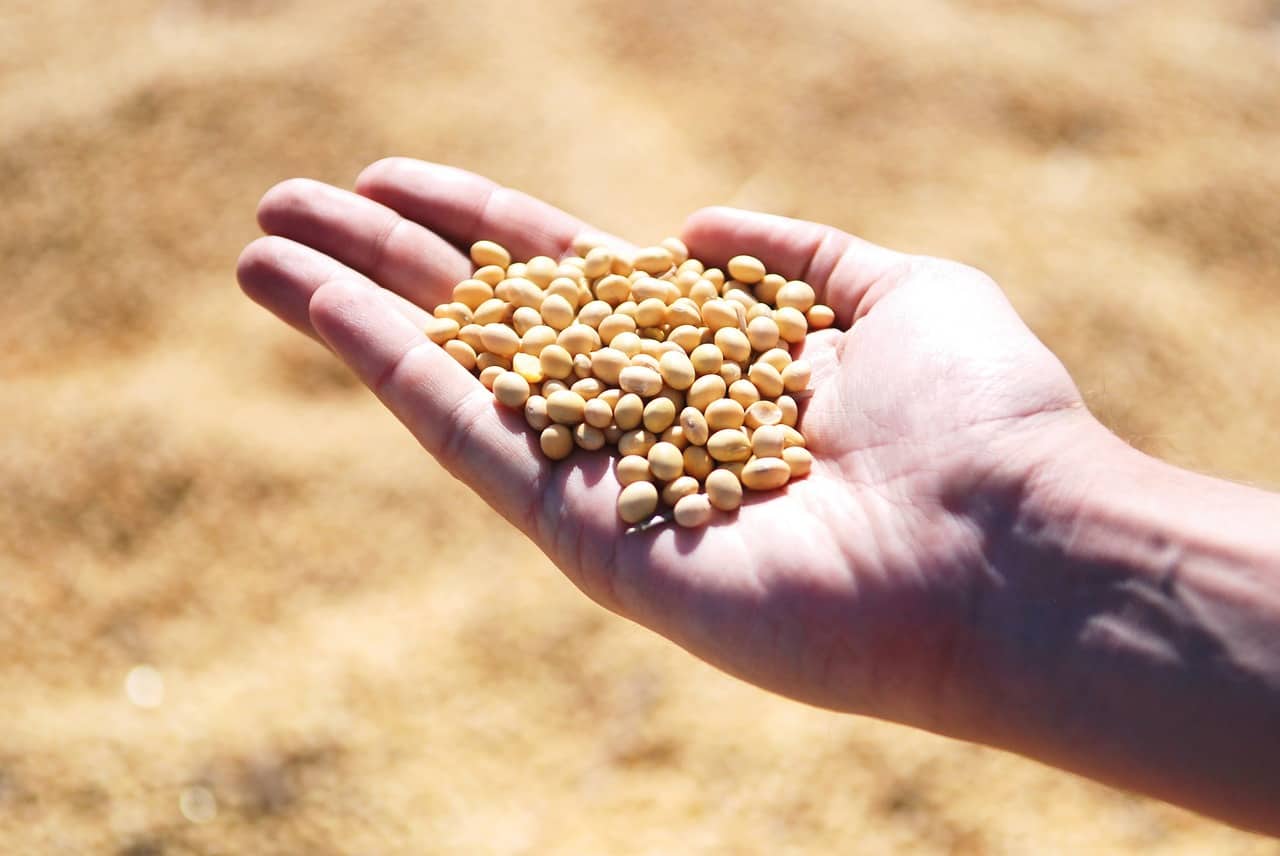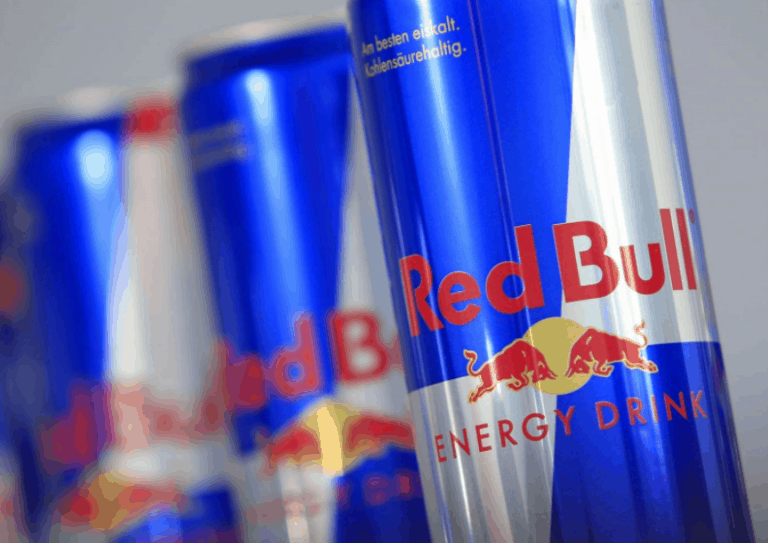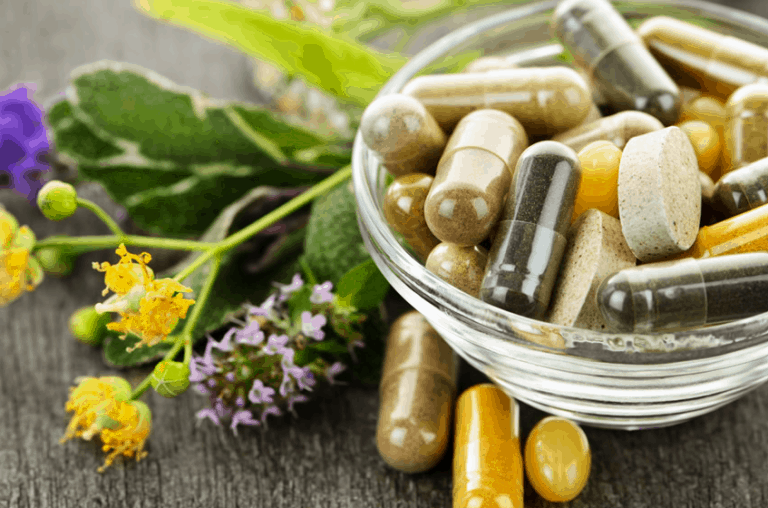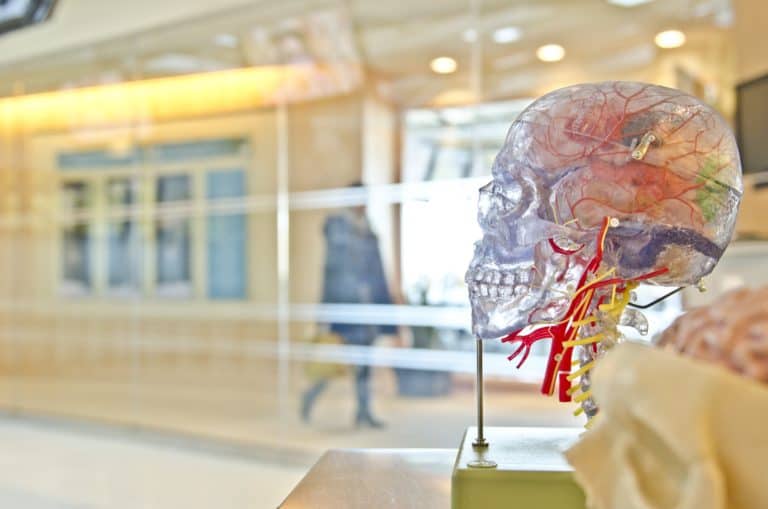In a previous article entitled Is Soy Good For Men, Part I, we began to explore the ways soy may or may not be beneficial for men’s health. In this second part, we will cover the scientific evidence uncovered thus far that attempts to answer this question.
Soy can have different effects on the health of infants, women, and men, and we focus solely on the impact on men’s health here. The four areas of most concern are prostate health, thyroid function, heart health, and testosterone.
Is soy good for men and prostate health?
Soybeans contain substances called phytoestrogens, which mimic the activities of the hormone estrogen, although their impact on the body is weaker than is that of estrogen. A red flag raised concerning phytoestrogens and men’s health is associated with the idea that phytoestrogens may raise the risk of prostate cancer. However, recent research in this area has not found this relationship to be true.
In fact, a meta-analysis involving 30 studies and men in North America, Asia, and Europe found a 29 percent lower risk of developing prostate cancer associated with a greater consumption of all soy foods and a 35 percent lower risk associated with nonfermented soy foods. These findings have been supported by several intervention studies that used soy supplements.
One group that likely will not benefit from soy foods and supplements is men who already have prostate cancer. At the same time, it does not appear soy intake has a negative impact on the risk of prostate cancer progression to advanced disease nor any significant effect on prostate-specific antigen (PSA) levels in men with prostate cancer.
Is soy good for men and thyroid health?
The presence of phytoestrogens and another substance, goitrogens, has been named as possibly supporting a decline in thyroid function. Laboratory tests and animal studies have shown that phytoestrogens can have a negative impact on activities necessary for the thyroid to make hormones, while goitrogens can interfere with the uptake of iodine in the thyroid gland.
At the same time, however, a 14-study review of human studies indicated there was little to no impact on normal thyroid function among adults who consumed soy foods or who took isoflavone supplements. Several subsequent studies conducted in women also found no significant effect on thyroid factors among subjects who took isoflavones. However, experts still note that individuals who have compromised thyroid function could be at increased risk of hypothyroidism if they consume soy foods. One reason for this caution is the lack of any human study that has directly evaluated the impact of soy consumption on thyroid function.
Is soy good for men and heart health?
Another topic that warrants further investigation is the effect of soy on heart health. A meta-analysis of 17 studies suggested that eating more soy foods could reduce the risk of stroke by 18 percent, coronary heart disease by 17 percent, and cardiovascular disease by 17 percent. However, it’s important to note that thus far, there are no long-term intervention studies that have evaluated the effect of eating soy foods or consuming soy isoflavone supplements on the risk of developing or dying from heart disease.
Yet, the Food and Drug Administration (FDA) issued a health claim back in 1999 saying that consuming 25 grams daily of soy protein, as part of a diet low in saturated fat and cholesterol, may lower the risk of developing heart disease. This claim was made despite weak evidence to support it. One of the supporting studies was a 1995 meta-analysis of 38 trials in which the investigators noted that soy protein supplements significant reduced three risk factors for heart disease: total cholesterol, triglycerides, and low-density lipoprotein (LDL) cholesterol. The declines in cholesterol were only significant among individuals who had a starting total cholesterol level greater than 250 mg/dL. (27)
Although the American Heart Association originally agreed with the FDA recommendation, it later rescinded its recommendation to eat soy foods as a way to support and promote heart health.
However, when it comes to soy supplementation versus soy foods, the evidence is more convincing. In a meta-analysis of 27 trials involving individuals with high blood pressure and normal blood pressure, daily supplementation with soy protein reduced blood pressure in both groups of people. However, the reductions were greater in people with hypertension.
Two blood vessel factors involved in heart disease are endothelial function and arterial stiffness. Endothelial function involves the blood vessel lining and has an impact on blood flow. Arterial stiffness also has an impact on blood flow and is associated with the constriction and opening of the arteries and blood pressure. One review noted that taking soy protein supplements daily improved endothelial function while another suggested that soy protein and isoflavone supplementation reduced arterial stiffness.
The bottom line appears to be that soy protein supplements seem to have a modest positive impact on heart health when it comes to blood pressure, cholesterol, endothelial function, and arterial stiffness.
Is soy good for men and testosterone?
At first glance, it would seem that the isoflavones in soy would interfere with testosterone production, which suggests men should avoid soy at all costs. However, research does not necessarily support that idea. In fact, the consensus seems to be that soy protein has no negative effects when it is consumed in moderation. That is, daily consumption of 10 to 70 grams (or 60 to 240 mg of isoflavones)
For example, a meta-analysis of 15 trials that involved various soy foods and soy protein powders did not find a significant effect of these soy items on total testosterone, free testosterone, or sex-hormone binding globulin (SHBG). A study involving young athletes also did not find a significant difference in testosterone levels, SHBG, or estradiol-to-testosterone ratio among men who took whey protein (without isoflavones) or supplements containing isoflavones.
Studies of the impact of soy consumption on fertility in men have not provided evidence that isoflavones from soy supplements have a significant impact on semen volume, sperm concentration, sperm count, amount of motile sperm, or sperm morphology.
The bottom line
- Soy doesn’t seem to have a negative impact on the thyroid
- Soy protein consumption may reduce the risk of developing prostate cancer
- Soy protein supplements appear to benefit heart health by lowering LDL, blood pressure, and cholesterol and modestly aiding endothelial function and arterial stiffness
- Soy protein does not appear to have a negative effect on testosterone or fertility when consumed in moderate amounts
References
Anderson JW et al. Meta-analysis of the effects of soy protein intake on serum lipids. New England Journal of Medicine 1995 Aug 3; 333(5): 276-82
Applegate CC et al. Soy consumption and the risk of prostate cancer: an updated systematic review and meta-analysis. Nutrients 2018 Jan 4; 10(1): pii: E40
Beaton LK et al. Soy protein isolates of varying isoflavone content do not adversely affect semen quality in healthy young men. Fertility & Sterility 2010 Oct; 94(5): 1717-22
Beavers DP et al. Exposure to isoflavone-containing soy products and endothelial function: a Bayesian meta-analysis of randomized controlled trials. Nutrition, Metabolism and Cardiovascular Diseases 2012 Mar; 22(3): 182-91
Bitto A et al. Genistein aglycone does not affect thyroid function: results from a three-year, randomized, double-blind, placebo-controlled trial. Journal of Clinical Endocrinology & Metabolism 2010 Jun; 95(6): 3067-72
Divi RL et al. Anti-thyroid isoflavones from soybean: isolation, characterization, and mechanisms of action. Biochemical Pharmacology 1997 Nov 15; 54(10): 1087-96
Doerge DR, Chang HC. Inactivation of thyroid peroxidase by soy isoflavones, in vitro and in vivo. Journal of Chromatography 2002 Sep 25; 777(1-2): 269-79
Dong JY et al. Effect of soya protein on blood pressure: a meta-analysis of randomized controlled trials. British Journal of Nutrition 2011 Aug; 106(3): 317-26
Food and Drug Administration. Code of Federal Regulations Title 21
Hamilton-Reeves JM et al. Clinical studies show no effects of soy protein or isoflavones on reproductive hormones in men: results of a meta-analysis. Fertility and Sterility 2010 Aug; 94(3): 997-1007
Kalman D et al. Effect of protein source and resistance training on body composition and sex hormones. Journal of the International Society of Sports Nutrition 2007 Jul 23; 4:4
Messina M, Redmond G. Effects of soy protein and soybean isoflavones on thyroid function in healthy adults and hypothyroid patients: a review of the relevant literature. Thyroid 2006 Mar; 16(3): 249-58
Messina M. Soy and health update: evaluation of the clinical and epidemiologic literature. Nutrients 2016 Dec; 8(12): 754
Mitchell JH et al. Effect of a phytoestrogen food supplement on reproductive health in normal males. Clinical Science (London) 2001 Jun; 100(6): 613-18
Miyanaga N et al. Prostate cancer chemoprevention study: an investigative randomized control study using purified isoflavones in men with rising prostate-specific antigen. Cancer Science 2012 Jan; 103(1): 125-30
Sacks FM et al. Soy protein, isoflavones, and cardiovascular health: an American Heart Association Science Advisory for professionals from the Nutrition Committee. Circulation 2006 Feb 21; 113(7): 1034-44
Steinberg FM et al. Clinical outcomes of a 2-y soy isoflavone supplementation in menopausal women. American Journal of Clinical Nutrition 2011 Feb; 93(2): 356-67
van Die MD et al. Soy and soy isoflavones in prostate cancer: a systematic review and meta-analysis of randomized controlled trials. BJU International 2014 May; 113(5b): E119-30
Yan Z et al. Association between consumption of soy and risk of cardiovascular disease: a meta-analysis of observational studies. European Journal of Preventive Cardiology 2017 May; 24(7): 735-47







